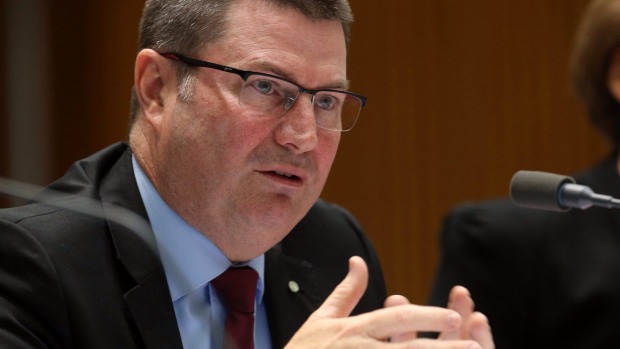
A taskforce of federal health bureaucrats and consultants deciding how to modernise the Medicare payment systems will be given about $5 million for six months’ work.
The Turnbull government is preparing to digitise the Medicare payment systems and is considering outsourcing back-office tasks currently performed by public servants. A number of companies including Australia Post are understood to be circling the $50 billion-plus plan.
The Department of Health formed the Digital Payments Services Taskforce last month to explore “innovation in the current payment systems to improve the consumer experience”. It has also asked a panel of consulting firms for “specialist commercial, technical and other resources”.
The head of the taskforce, first assistant secretary John Cahill, told a Senate estimates hearing on Wednesday that the group was still drafting its terms of reference. He estimated the taskforce had a $5 million budget for the rest of the financial year but said the final cost had not been confirmed.
The money all came from the department, he said, with “no additional funding from any other source”.
The taskforce consisted of himself and five other bureaucrats, but would later involve about 20 people including a core group of department officers and experts. Mr Cahill said they had sought quotes from the panel of consultants, and would decide which would would advise the department by the end of February.
Martin Bowles, the secretary of the Department of Health, declined to reveal what kind of work the winning firm would undertake.
“There are a whole lot of commercial sensitivities and we don’t want to put ourselves in a difficult position with commercial arrangements either,” he said.
Mr Bowles said the department would publicise the details of the contract after they had decided on a consultant.
He stressed that no decisions had yet been made about how to digitise the payment system or whether to outsource this. “We could get to the end of the process and say we can do that (internally),” he said.
Mr Bowles said the department had started discussing plans to digitise Medicare payment systems in 2014, after the Department of Human Services began similar work on welfare payments.
